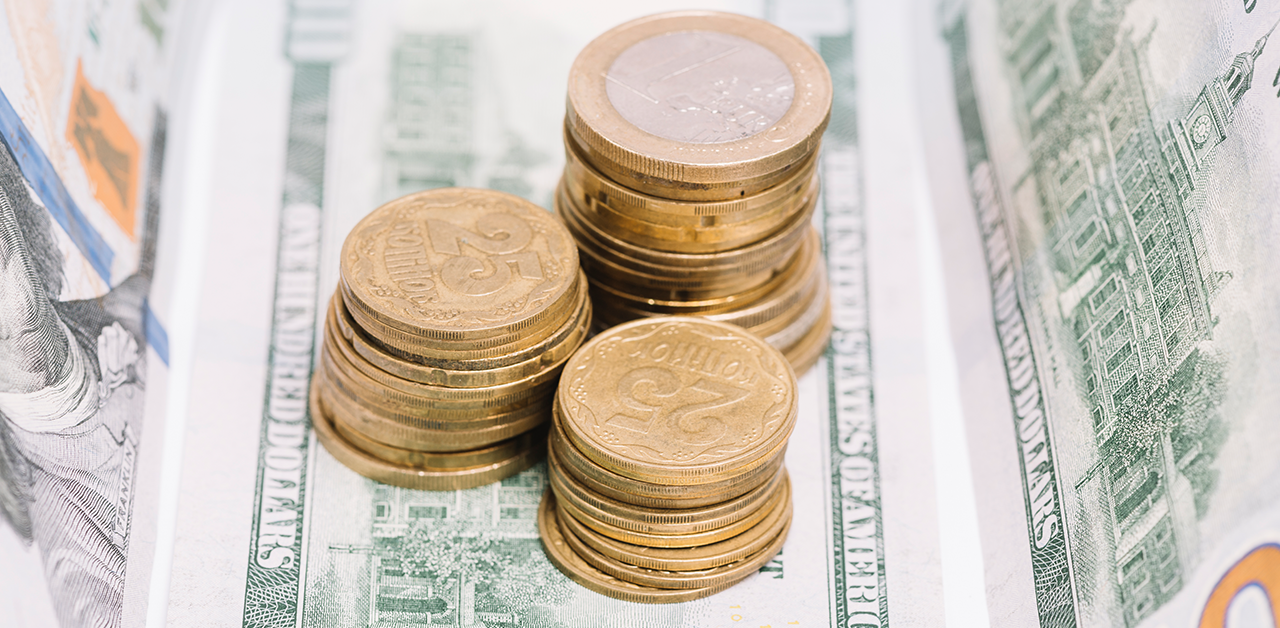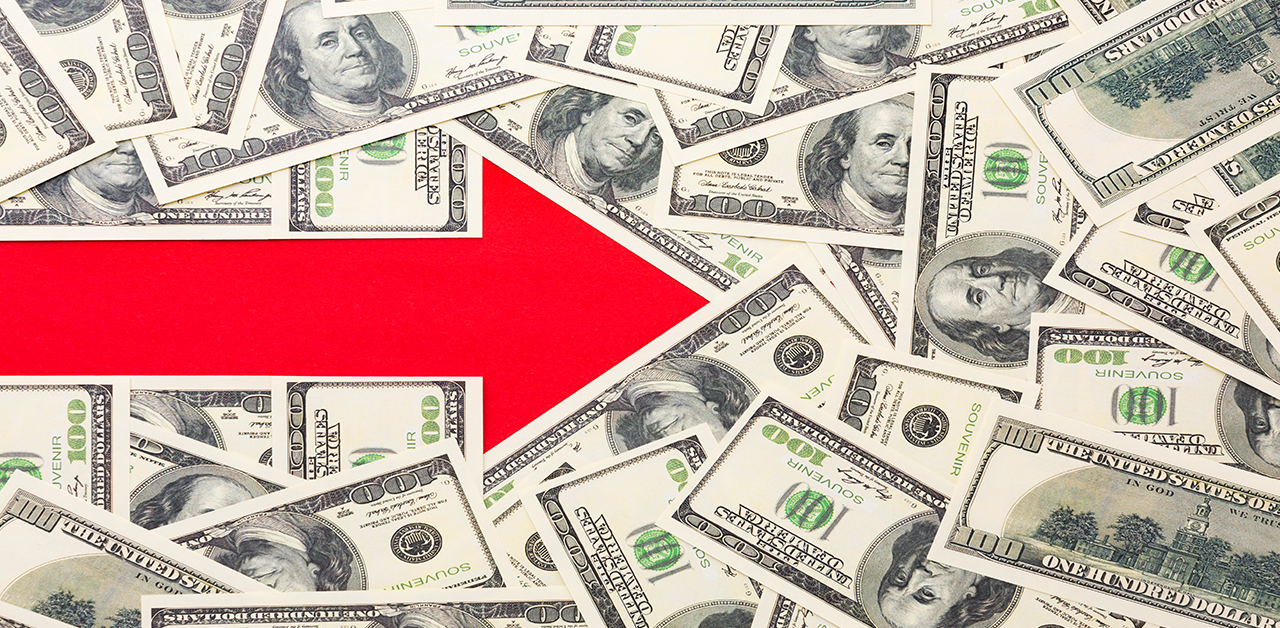The EUR/JPY pair slipped to approximately 161.10 during early European trading on Tuesday, as the Japanese Yen gained strength amid increasing speculation that the Bank of Japan (BoJ) may raise interest rates during its upcoming policy meeting on Friday. Additionally, market attention is turning to Germany’s ZEW Economic Sentiment Survey for January, set to be released later in the day.
Markets are currently pricing in a 92% probability that the BoJ will increase interest rates by the end of its January 23-24 meeting. Such a move would push short-term borrowing costs to levels not seen since the 2008 global financial crisis.
Japan’s Vice Finance Minister for International Affairs, Atsushi Mimura, commented on Tuesday that the outlook for the US economy depends on its macroeconomic policies. Meanwhile, Japan’s Finance Minister Katsunobu Kato emphasized the need to monitor the global impact of US economic policies closely. He also expressed confidence that the BoJ would implement monetary policies effectively to achieve its 2% inflation target.
Conversely, the Euro’s performance against the Yen may be hindered by the dovish stance of the European Central Bank (ECB). According to the ECB’s December Monetary Policy Meeting Accounts, policymakers agreed to proceed cautiously with rate adjustments but also indicated that further rate cuts could be necessary. Weakened inflationary pressures and a subdued economic outlook in the Eurozone have led markets to anticipate 25-basis-point rate cuts at each of the ECB’s next four policy meetings. These expectations weigh heavily on the Euro’s performance against stronger currencies like the Yen.












